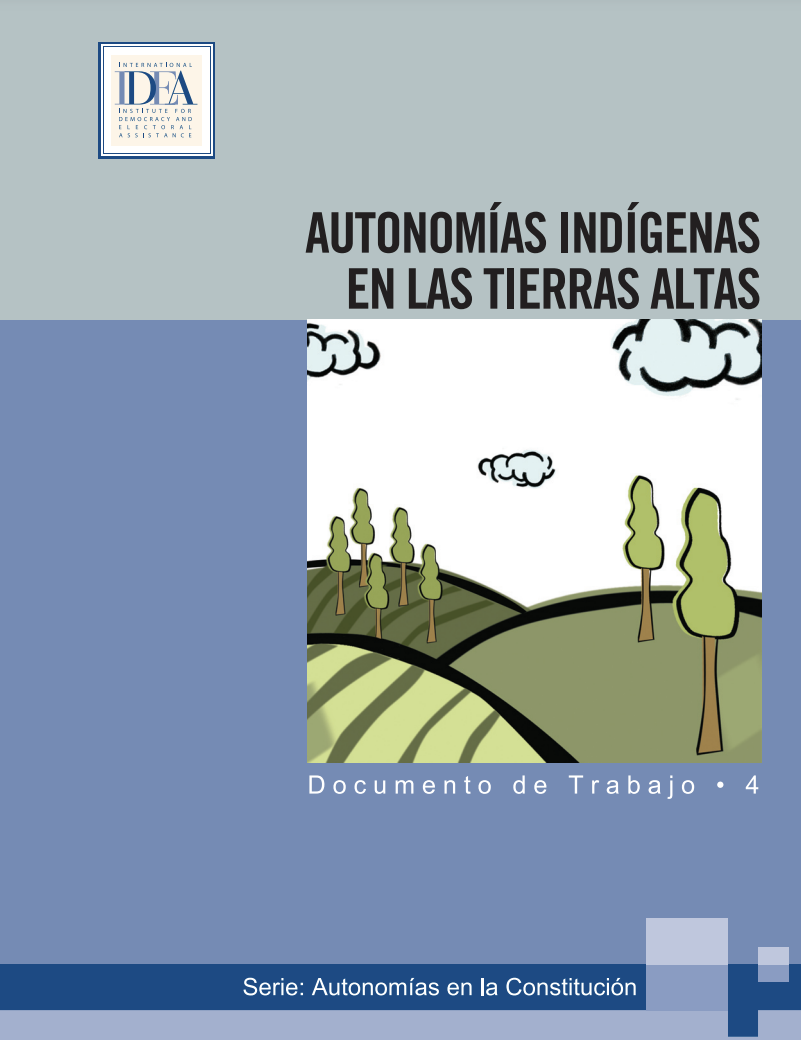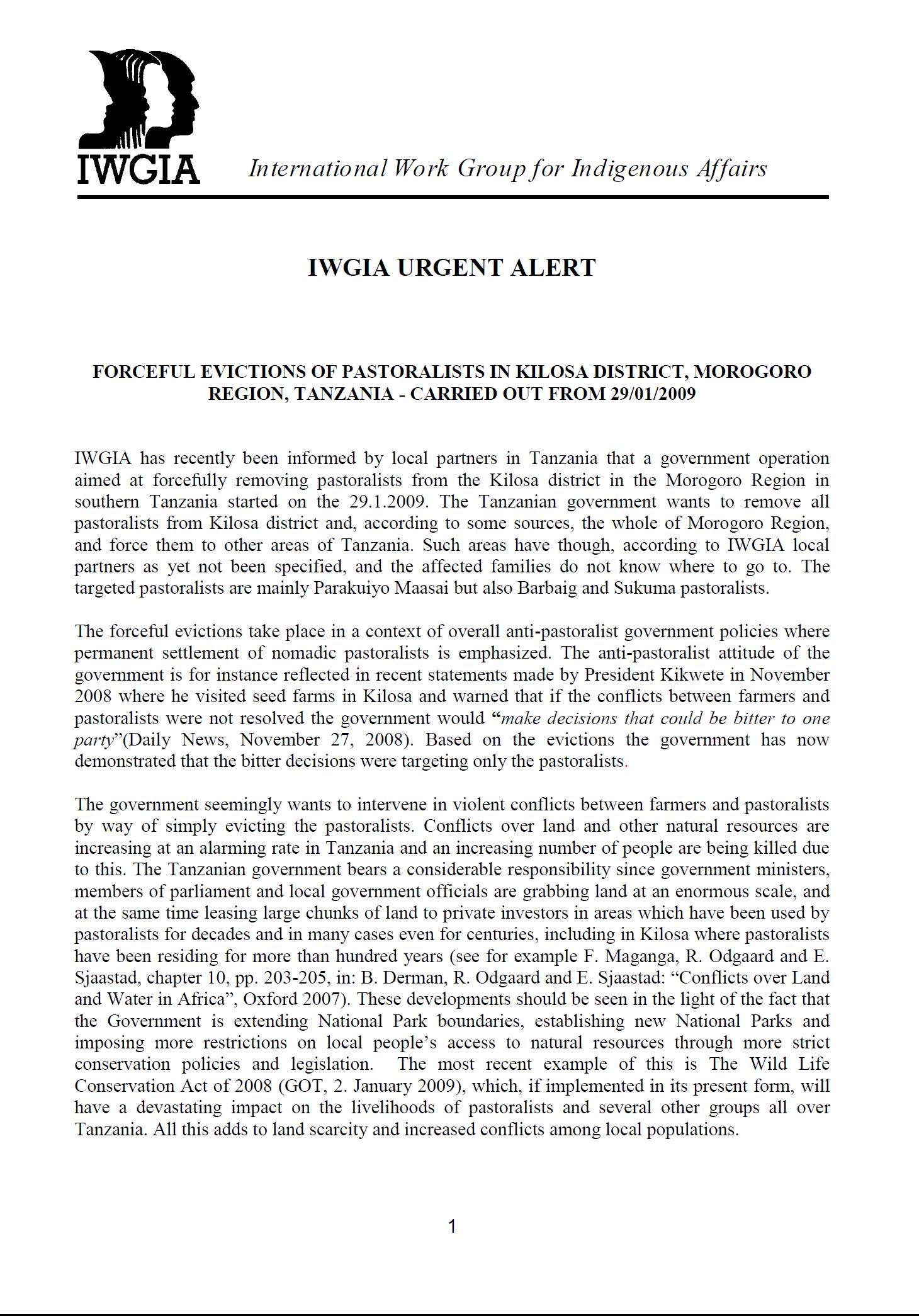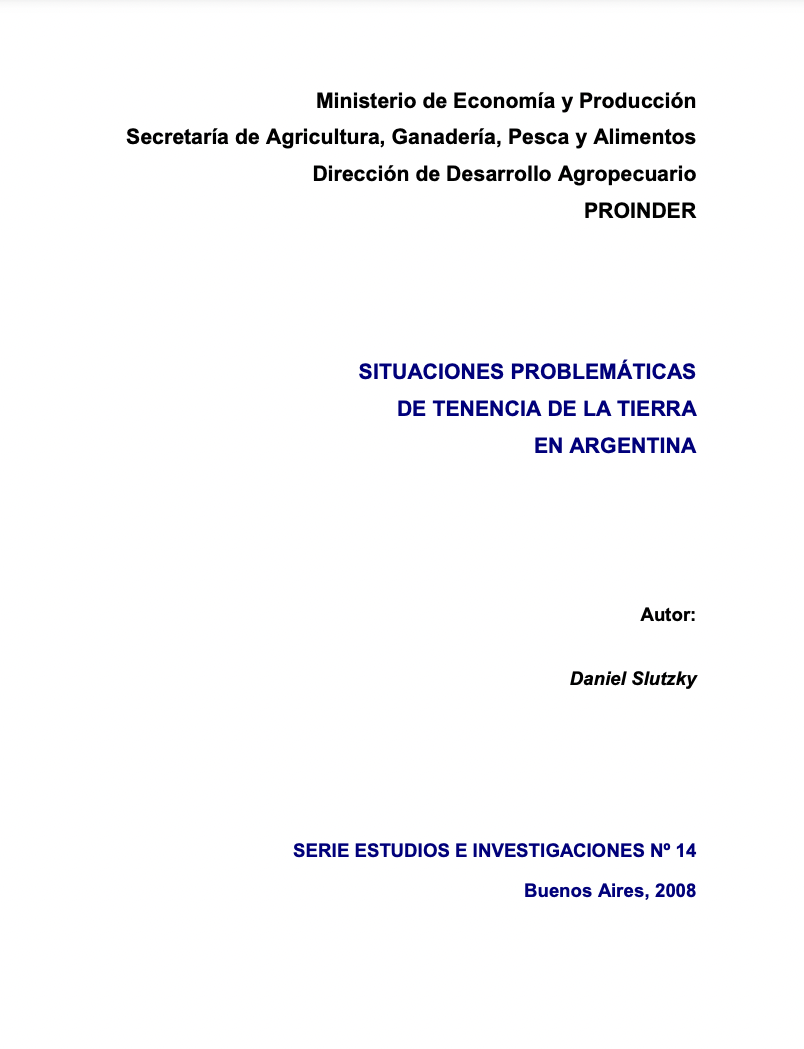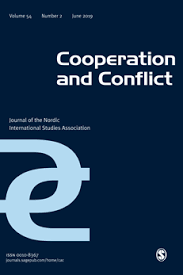Autonomías Indígenas en las Tierras Altas
Este documento contiene información, análisis, doctrina, legislación comparada y propuestas normativas, relativas al diseño de implementación de autonomías indígenas según la tipología de casos. Los objetivos específicos de la investigación fueron tres: 1. Proporcionar herramientas de información y análisis que faciliten el trabajo legislativo de la Comisión de Descentralización y Participación Popular. 2. Recopilar doctrina y legislación comparada para sustentar las propuestas normativas referidas a la implementación de la autonomía indígena según tipología de casos. 3.







